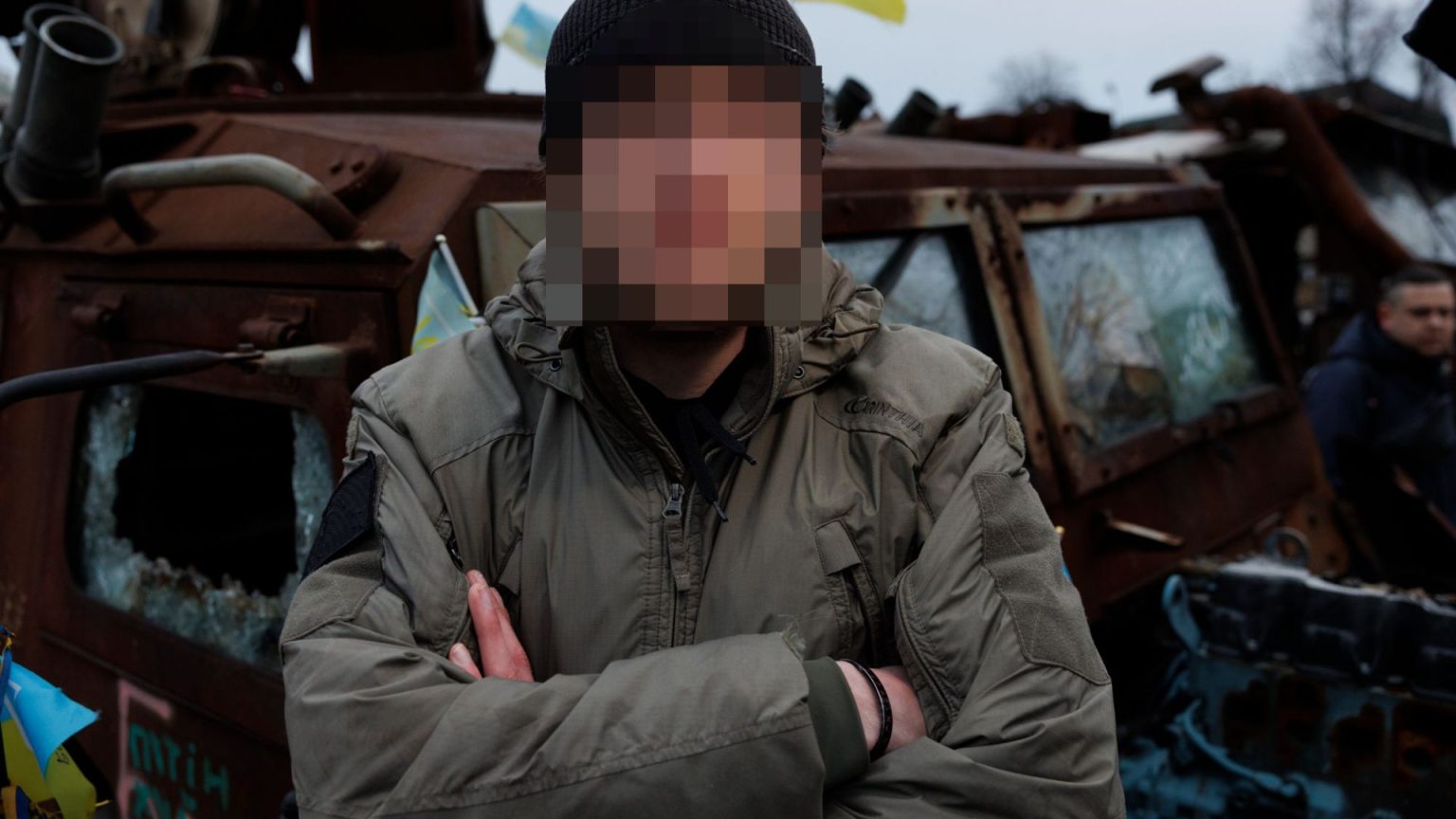A former NHS care assistant, nicknamed “Doc Brit” by his comrades, found himself jolted awake by four massive explosions on Ukraine’s frontline. The ensuing chaos of sirens, alarms, and cries from the wounded was a grimly familiar soundtrack to his life over the past three years. Driven by a profound sense of duty, he had abandoned his comfortable life in the UK to provide medical aid in war-torn Ukraine. Initially joining a humanitarian convoy, his background as an army cadet and the influence of his military family (his father was an SAS medic and his mother an army truck driver) led him to become a frontline paramedic. However, the dire shortage of soldiers forced him to take up arms, transforming him into a combat medic and rifleman.
Doc Brit’s existence is a stark contrast to his previous life. Now, he carries an M4 assault rifle or a Kalashnikov into battle, forced to take lives as well as save them. He acknowledges the likelihood of having killed Russian soldiers during intense firefights, a grim necessity he accepts as part of the brutal reality of war. The constant threat of death is ever-present, and he admits to grappling with the question of why he remains in such a dangerous environment. The loss of six close friends, including his best friend, a former US Marine, weighs heavily on him. Despite these losses and the daily struggle with fear and doubt, Doc Brit recognizes the crucial role he plays, believing his presence in Ukraine is more vital than his return to the NHS.
He finds solace and purpose in his work as a combat medic. Estimating he has saved dozens of lives by treating battlefield trauma wounds under fire, he prioritizes the safety of his patients above his own. He understands the critical nature of his role, knowing that his incapacitation would render him unable to provide aid to others. His patients include both soldiers and civilians, reflecting the indiscriminate nature of the conflict. He recalls one particularly harrowing mass casualty event in Barvinkove, where four Russian bombs devastated a busy street. Navigating the carnage of smoke, flames, and scattered body parts, he triaged the wounded, applying tourniquets and packing wounds with a practiced efficiency born of experience.
The horrors he witnessed that day, and throughout his time in Ukraine, are etched into his memory. He describes encountering a soldier with a severed leg, another riddled with shrapnel, and a third with horrific burns. While accustomed to gruesome injuries, he admits to a long-standing aversion to treating eyes, making the discovery of a man with half his face blown off and an eye hanging out particularly disturbing. Despite his personal discomfort, he bandaged the man and offered comfort, a testament to his unwavering commitment to providing care in the face of overwhelming adversity.
Doc Brit’s connection with his comrades is a source of strength and resilience. He is part of The Chosen Company, a group of battle-hardened foreign fighters from various countries, including Britain, the US, Australia, and across Europe. This unit, known for its aggressive tactics in assaulting Russian trenches, has shared graphic videos of their confrontations. Before joining The Chosen Company, he served with another volunteer battalion, part of Ukraine’s 49th Infantry Brigade, nicknamed “The Suicide Squad.” The shared experiences and camaraderie within these groups forge strong bonds, helping them cope with the psychological toll of war.
Despite the constant danger and emotional burden, Doc Brit remains steadfast in his commitment to Ukraine. He contrasts his active role in the conflict with the passive observation of those back home, watching the war unfold on their phones. He feels compelled to make a difference, acknowledging the gravity of the situation and the need to resist Russian aggression. He embodies a deep sense of purpose, fueled by the belief that his actions, however perilous, are essential in defending Ukraine’s freedom. His story is a testament to the power of individual conviction in the face of global conflict, a stark reminder of the human cost of war and the unwavering bravery of those who choose to fight for what they believe in.










